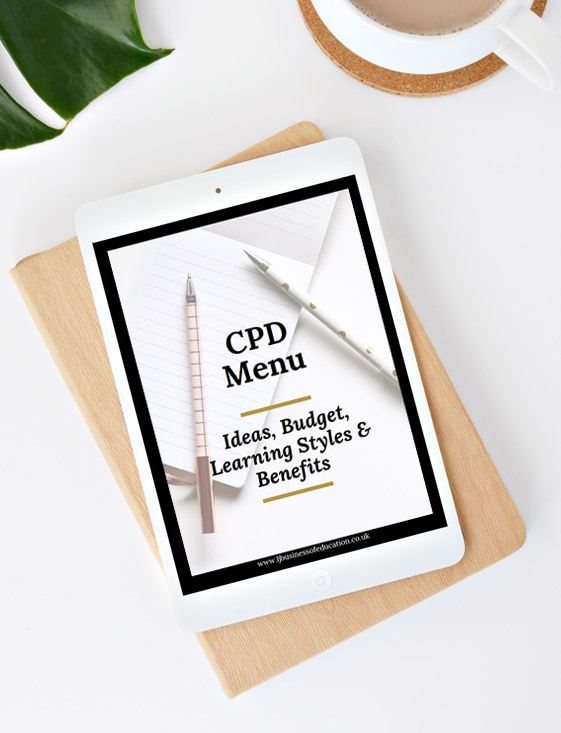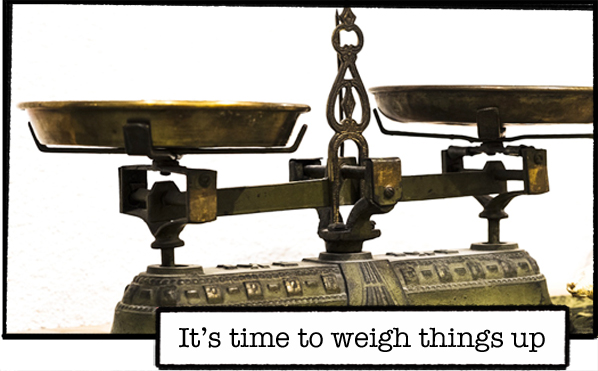There are few things more nerve-wracking than attending an interview.
We worry about what we should wear, what time we need to leave at, what questions we might be asked and whether the other candidates will be better than us. But in all honesty, once we set foot through those doors what happens next is anybody’s guess.
The only thing that we can focus on is how we perform, how we come across and doing the best that we can to convince the panel that we are the person that they’re looking for.
If you’ve not had an interview in a long time or you’re preparing for one right now and want to make sure you’ve got your bases covered, then this blog post is for you.
As an experienced interviewer, I’m going to share with you some of the things that I look for and have trained other interviewers to look for outside of the 45 minutes that you’re sat in front of the panel.
Whilst some of these might seem like small things, put them together and they add up to either a good impression or a bad impression. Sure, you want to be a memorable candidate but make sure that it’s for the right reasons!
1. Presentation
Beyond the obvious, in terms of whether you’ve dressed appropriately for the day, we’re going to be checking out your body language. We’re going to be looking for whether you make eye contact with us when you introduce yourself, whether you smile and whether you’re giving off good energy. No, I’m not going woo-woo on you! I mean, are you presenting as someone that’s happy to be here? Good recruiters don’t judge people for being nervous, but they will be able to tell if you’re positively engaged in the process the moment that they meet you. Show them you’re invested in the opportunity or they will feel you are wasting their time.
True story…
Unsurprisingly, the worst impressions I’ve had of candidates have been within the first 30 seconds. I’ve seen them slouched on chairs, had them chatting away on their phone and refusing to hang up and even ignore me completely to watch what was going on behind me as I introduced myself. As a recruiter, it’s difficult to shake these first impressions and it means that these candidates have to work a lot harder throughout the day to recover from this, even if they don’t know it.
2. Preparation
Candidates who’ve done their homework and ask insightful questions make an impact. Those who make reference to our organisation when they answer questions during their interview impress us. So do candidates who bring along everything that we’ve asked them to; identification, qualifications etc. By doing your research and providing any additional information we need you show that you are prepared, that you’re well informed and that you pay attention to detail.
True story…
I’ve had candidates who have not only arrived late but have then gone to great lengths to bemoan their commute. They’d say things like ‘wow, I didn’t realise it was this far away’. It might seem obvious to most of us, but they clearly didn’t check out our location or Google Map their route beforehand. Any candidate who said this basically told me that they were already having doubts about working for us and made me wonder that if they did accept the job, how long they would stay.
3. Attitude
What we don’t openly tell you (but you should assume) is that we’re watching you for the entire time that you’re in the building. Ok, maybe not the entire time – you’re safe in the toilet – but everywhere else, you’re under observation. It’s important that you treat everybody that you come across as a potential interviewer. Ensure that your behaviour and attitude throughout the day is consistent with how you present to the panel.
True story…
I’ve had candidates be rude to the Receptionist, throw a tantrum at the ICT Technician who was trying to help them log on to a laptop and even talk openly on the phone, negatively, about the interview day. The panel got to hear about it and of course, they took this into consideration during their deliberation.
Why these things are important…
All these things are hard to measure, and they’re not covered in the person specification. But when it comes to looking beyond what can be measured, we’re going to start considering who would be a good fit in our organisation. How you conduct yourself throughout the day shows a lot about the type of person you are and what your values are. As recruiters, if we’re stuck between two candidates who have performed equally well, we’re ultimately going to pick the candidate who we feel can not only work with us best but also represent us and what we stand for.
With all the above being said, I don’t want you to think that if you’ve forgotten your ID you’ve blown it. Or if you’ve had to take a call from your boiler repairman at an inconvenient time that we’re going to write you off. How you manage any hiccups throughout the day also tells us a lot about you. So be open, be honest and be professional.
One final thing that you should remember is that you are interviewing us too. If you show up for an interview and you’re greeted by someone who doesn’t make you feel welcome, if staff are rude to you or if the day is completely chaotic, this will tell you a lot about how the organisation operates and will give you an insight about what it would be like to work there. Again, issues crop up – printers don’t work, a panel member might have been replaced at the last minute or a meeting room might have been double-booked. Watch how we handle it and you will learn a lot about us too!
This blog is part of a series – to read my other posts about how to decide if you’re in the right job, mapping your career path, choosing the right CPD and writing a stand-out application, click here.
Like what you’ve read? Subscribe to this blog by clicking here.
P.S. Have you joined The Business of School Leadership Facebook Group yet? For practical support, advice, tips, tools & guidance about all things school leadership, join us in the community by clicking here.






